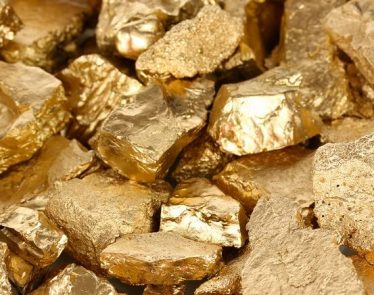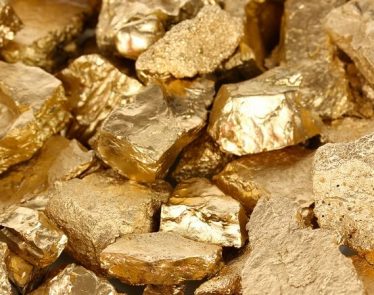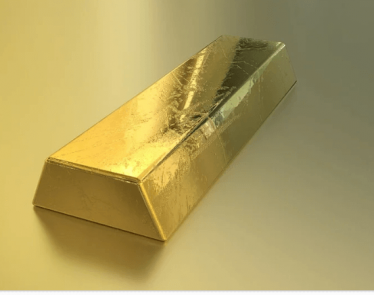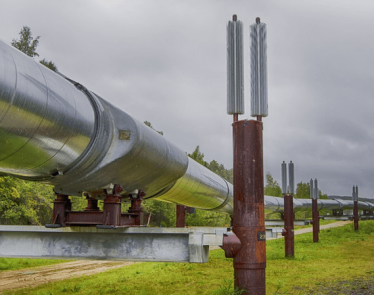
Recent news saw China claim that it will be releasing certain reserves of metals in batches to the market, citing increasing commodity costs due to the pandemic. The country believes that releasing zinc, aluminum and copper reserves may ease pressure on manufacturing.
In the past 12 months, copper’s price increased 70%.

Globally, the pandemic has a huge effect on not just minerals, but all commodities, especially energy prices according to a World Bank report.
On top of trying to hedge itself with its vast mineral reserves, China is also, contrary to common belief, very much aware of the climate crisis and the impacts the global economy has on our planet’s livability. Another important impact China’s move to release mineral reserves will do is affect inflation by lowering it, possibly.
Higher commodity prices are directly tied to inflation, and this step taking by China is one way to keep inflation in check. The Global S&P Mining Index dropped 7% in recent days, and this slump is in part due to the release of Chinese mineral reserves.
It’s not all doom and gloom though. Canadian-based mining stocks are on the rise, and many new exploration opportunities are set to blast out of the gate now that CV19 restrictions are lifting. Especially gold.
An ambitious plan by the Chinese government states the country plans to generate 25% of its energy from non-fossil fuel sources by the year 2030.











